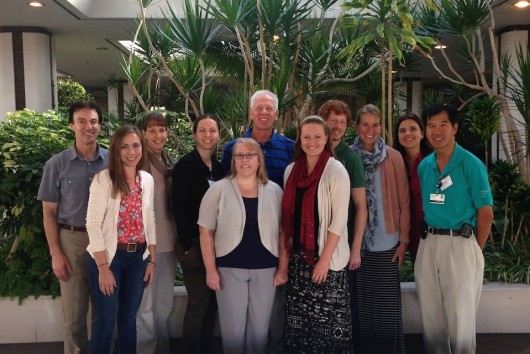This week I hosted the in-classroom section of the 2014 Fall, Glendale CA, INMED Intensive Course. Our ten participants came armed with extensive of experience in Cuba, Zimbabwe, Cambodia, Pakistan, Ghana, and Papua New Guinea. Nevertheless, most who serve on behalf of forgotten people, discovered that their prior education poorly prepared them for effective work.
Why is an international healthcare career so uniquely challenging? Primarily because:
• Health is largely determined by factors beyond mainstream healthcare that must also be addressed, like education, housing, and economic development.
• Diseases and injuries may be unfamiliar. Malnutrition, orthopedic trauma, and certain infectious diseases are common in low-resource communities, but rare in wealthier ones.
• Resources to manage these diseases and injuries are usually minimal, whether laboratory, imaging, medications, supplies, or consultants.
• Cultural context is frequently challenging, while success in promoting health and combating disease requires an intimate understanding of language and social behavior.
• Leadership skills are underdeveloped. But effective health intervention requires attention to community-wide needs and resources, team building, and strategic planning – concepts infrequently addressed in the education of healthcare professionals.
• Living and working in low-resource communities demands unique personal adeptness. Attention to physical health, emotional well being, financial strength, and family relationships is essential for long-term success.
Over the weeks we one-by-one addressed these challenges and sharpened our skills in each critical area. On the closing day Greg Shay, a pediatric pulmonologist serving in Cambodia, raised his hand and announced, “I have one other quality of such a career that I’d like to add.” Everyone turned attention to Greg. “Our opportunity to make a meaningful impact and to show remarkable compassion is also uniquely great!”

